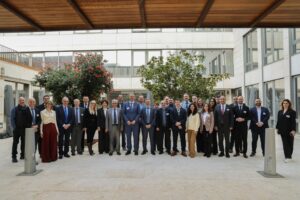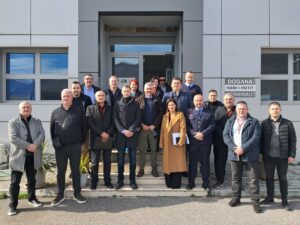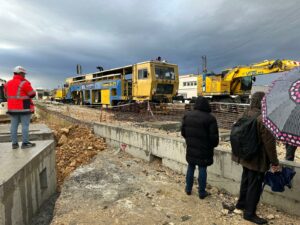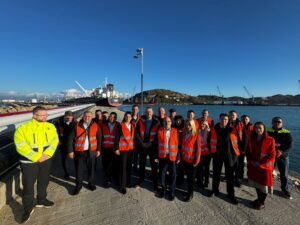BRUSSELS – From 1 November 2025, the Republic of Moldova and Montenegro officially joined two important European agreements that make trading across borders faster, cheaper, and simpler – the Common Transit Convention, and the Convention on the Simplification of Formalities in Trade in Goods.
With this step, Moldova and Montenegro enter a network that already includes all EU Member States, the EFTA countries (Iceland, Norway, Liechtenstein, Switzerland), Türkiye, North Macedonia, Serbia, the United Kingdom, Georgia, and Ukraine.
Joining the Conventions helps goods move more smoothly across borders by reducing waiting times at border crossings, cutting costs for businesses, using a single electronic system for customs (NCTS), and improving customs controls through shared and trusted procedures.
For citizens and businesses, this means fewer delays at borders, more efficient trade flows, and stronger links with the European single market.
For the Western Balkans and Eastern Partnership region, this is an important move towards closer economic integration with the EU. Montenegro becomes the latest Western Balkan economy to join the Conventions, helping to harmonise customs procedures across the region. Moldova’s accession reinforces connectivity efforts and complements ongoing initiatives such as the EU–Ukraine–Moldova Solidarity Lanes, making the movement of goods quicker and more reliable.
With Georgia joining earlier in 2025, this year marks a significant expansion of the common transit family, strengthening economic ties and supporting trade growth across Europe and its neighbourhood.
Efficient border procedures are essential for smooth transport corridors, reduced congestion, and stronger economic cooperation. By aligning customs procedures, these Conventions support the Transport Community’s mission of faster, more predictable, and more digital trade and transport across the region.
This development also complements the Green Lanes initiative supported by the Transport Community and CEFTA, which aims to speed up border procedures and reduce waiting times at key crossings in the Western Balkans and with neighbouring EU Member States. By combining modern customs systems, mutual recognition of controls, and digital pre-arrival data exchange, the Green Lanes model has already shown that faster, more predictable and more cost-efficient border crossings are possible. Moldova and Montenegro’s alignment with European customs systems further strengthens the vision of a seamless transport and trade area, where goods move smoothly across borders, supporting businesses, citizens, and economic growth across the region.



